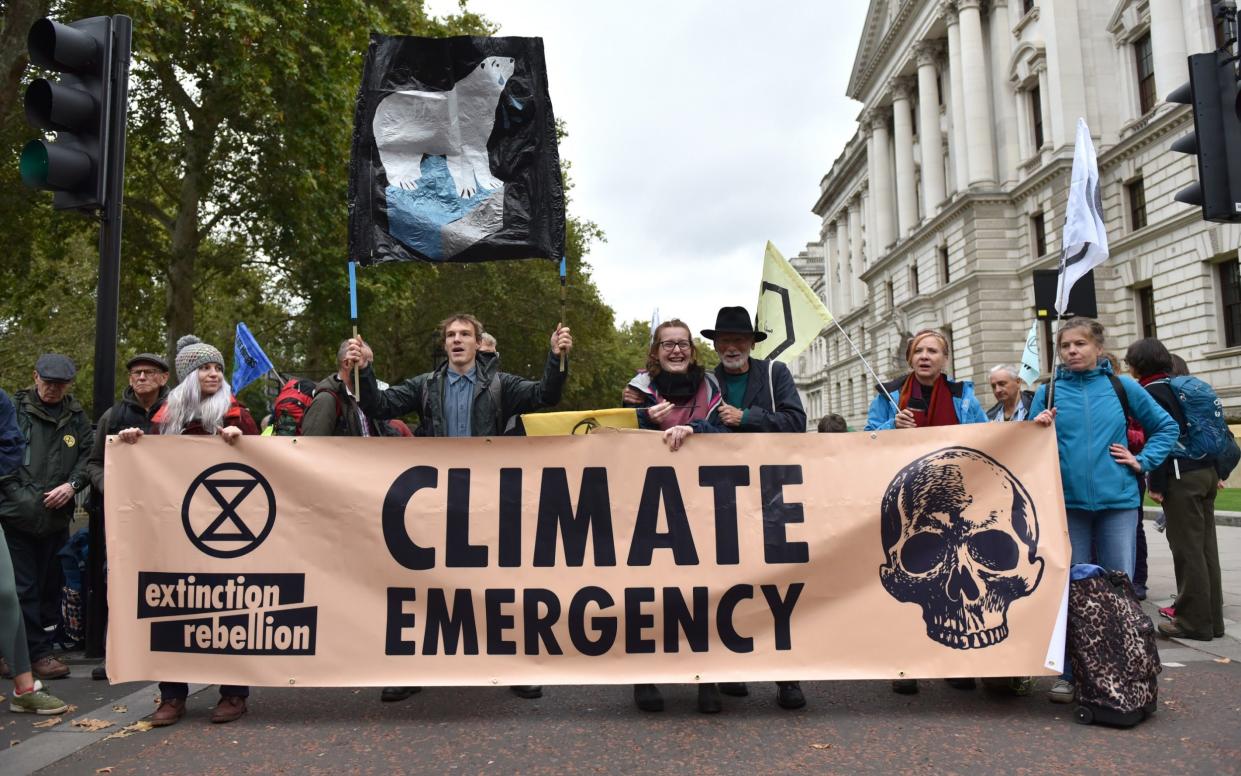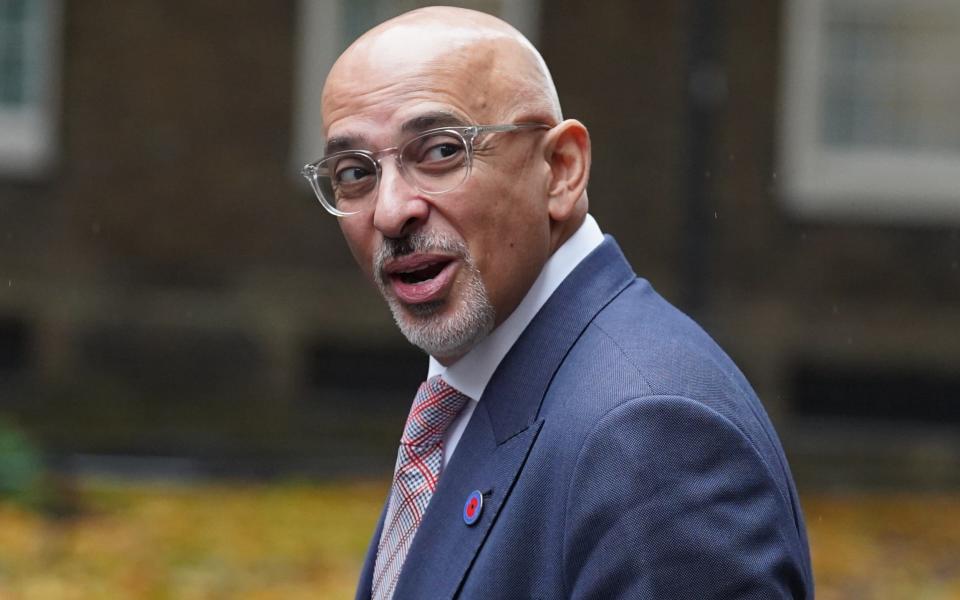‘Alarmist’ climate change teaching leaves pupils fearing for their future

More than half of teenagers think the world will likely end in their lifetime because of climate change, as parents warn of the dangers of “alarmist” teaching in schools.
Climate change education in schools is feeding anxiety among children and putting them off having families of their own, research has suggested.
A poll carried out of more than 1,000 sixth-form pupils in March found that 53 per cent believe it is “likely” that the world will end in their lifetime because of climate change.
It showed that 26 per cent of teenagers who ever feel anxious or sad say climate change has made their anxiety or sadness worse.
Half of 16- to 18-year-olds said people should have fewer children to stop “overpopulation and climate change”, according to the report published by the Civitas think tank.
Academics have warned that “eco-anxiety”, or a feeling of acute fear over the planet’s future, is on the rise among children and teenagers.
Dr Alex Standish, an associate professor of geography education at University College London, said that instead of reflecting “catastrophising narratives” around climate change, schools need to “provide children with perspective on global warming and offer them positive ways forwards”.
Climate change in the national curriculum in England is currently directly referenced in secondary school subjects, including science and geography. However, research has shown that most teachers across primaries and secondaries are teaching and talking to their pupils about the topic.
A survey of more than 600 primary and secondary teachers in England in 2021 found that teachers in England support an “action-based” climate change curriculum, including issues of “global social justice, beginning in primary school with mitigation projects such as conservation, local tree-planting and family advocacy”.
Local campaigning was considered appropriate to be taught around the time pupils leave primary school, and most teachers said they supported teaching about protesting against climate change via “civil disobedience” in secondary school, according to the study published in the Environmental Education Research journal.
The National Education Union has published a guide on how to “declare a climate emergency” in schools. The guide, written by a secondary school teacher in London, said that climate change should be integrated throughout the curriculum as part of a strategy to ensure “future generations will leave school hyper-aware of our climate/ecological crisis”.
“This will empower young people to pressure governments and businesses to act and we hope many young people might be inspired to enter careers combating ecological degradation and global warming,” the guide stated.
Primary schools at one academy trust with schools across the country are piloting a “climate emergency curriculum” created with campaign groups to teach children about “the impact of climate change on the environment, including rising sea levels, extreme weather conditions, and loss of biodiversity”.

Nadhim Zahawi, the former education secretary, pledged to put climate change “at the heart of education” during Cop26 in November 2021.
A “vision for 2030” published the following year included plans to ensure education in England prepares “all young people for a world impacted by climate change through learning and practical experience”.
Mr Zahawi said that pupils “must also be given the hope that they can be agents of change, through hands-on activity and, as they progress, through guidance and programmes allowing them to pursue a green career pathway in their chosen field”.
A poll commissioned by Civitas, which surveyed more than 1,000 parents of children aged between 12 and 16, found that 52 per cent of parents believe that discussions about climate change in schools are leading to higher levels of anxiety and depression than would otherwise be the case if it were not discussed.
Almost a fifth of parents said it was leading to “much higher” levels of anxiety and depression.
‘Wake-up call’ for schools
Jo Anne-Nadler, a parent campaigner and author of the Civitas report, said: “Our polling should be a wake-up call to ensure schools remain balanced and impartial.
“We know there is a teenage mental health crisis and our figures indicate that anxiety over climate change is a contributing factor.”
Caroline Hickman, a lecturer in social work and climate psychology at the University of Bath, said: “Climate anxiety in young people is because of climate change – yes, but actually, what makes it much much worse is having people around them who are in denial.
“Forty-eight per cent of the 10,000 young people we surveyed said that they had been dismissed or ignored when they tried to talk about climate change. This is what causes the distress, not the facts about climate change.”
A Department for Education spokesman said: “Climate change education plays an important role in preparing young people for both the challenges and the opportunities of the future.
“Our recent Sustainability and Climate Change Strategy was developed in collaboration with young people, ensuring they are at the centre of our approach.
“By providing practical ways to engage in nature, the strategy will not only provide key learning opportunities for climate change and sustainability, but also empower young people to translate that knowledge into positive action.”

